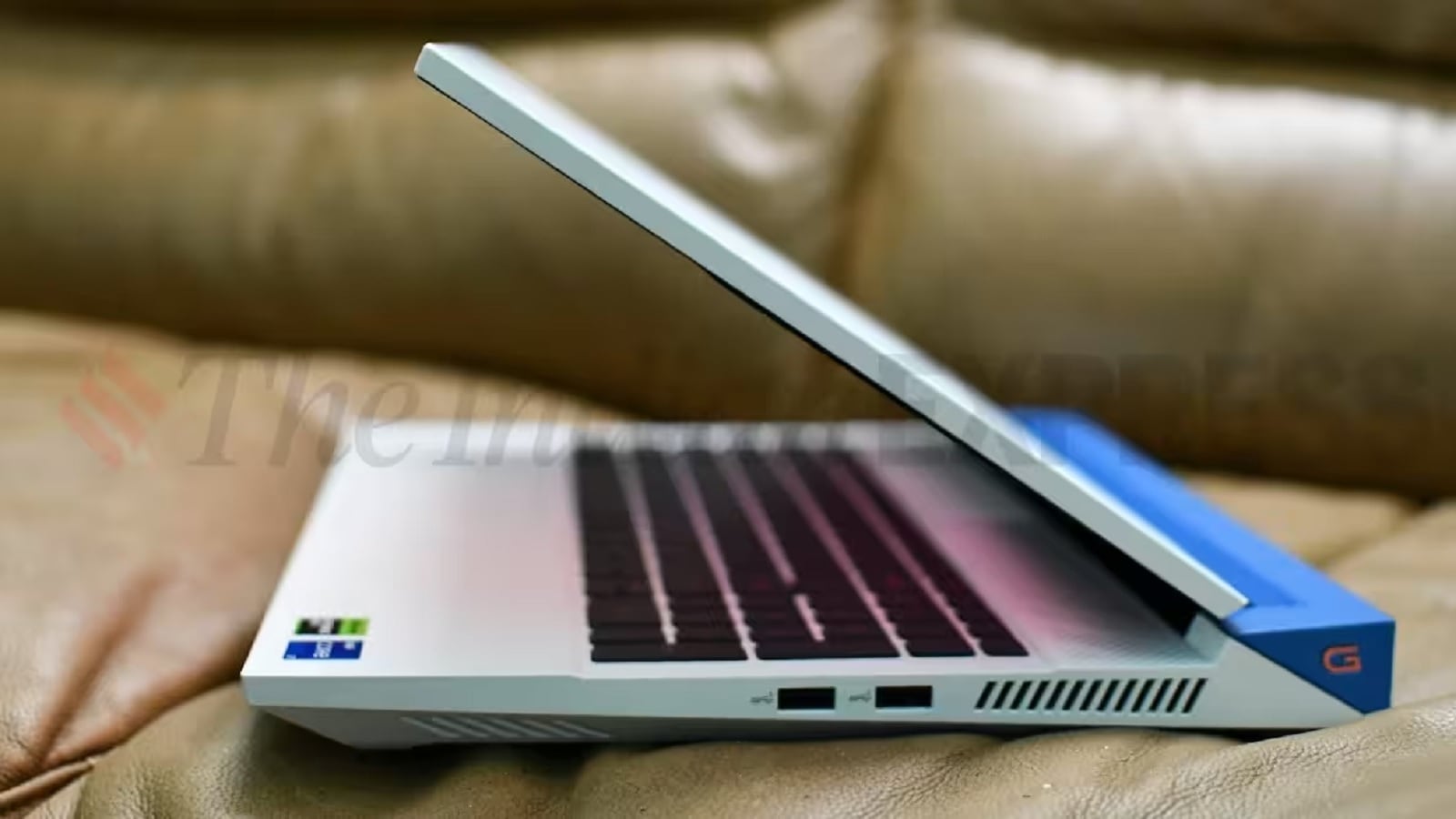Under the proposed system, IT hardware companies will be required to register and disclose data related to their imports, and countries from which they import, among other things. This comes as a big relief to the industry which feared that the previous licensing notification would lead to a kind of quota system.

The key idea behind the measure is to check imports of laptops and computers, especially since a majority of them come from China, which has New Delhi worried.
There are carve outs for imports by Special Economic Zones (SEZs) along with imports of spares, parts, assemblies, sub-assemblies, components, and notified IT hardware items essential for capital goods. There will be no restrictions on imports under baggage rules, and import of one laptop, tablet, personal computer or ultra-small form factor computer, including those purchased from e-commerce portals through post or courier, will also be exempted.
The Indian Express had reported in September that the Centre was planning to loosen its stance on import curbs, and was building the so-called import management system as a measure to monitor imports. Government officials maintained that the tweaks have been made to make it an “end-to-end” online system to monitor imports and ensure such items come from trusted sources.
India has seen an increase in imports of electronic goods and laptops/ computers in the last few years. During April-June this year, the import of electronic goods increased to $6.96 billion from $4.73 billion in the year-ago period, with a share of 4-7 per cent in overall imports.
The highest share of imports is in the category of personal computers including laptops, and palmtops, under which imports from China stood at $558.36 million in April-May this year as against $618.26 million in the year-ago period. China accounts for roughly 70-80 per cent of the share of India’s imports of personal computers, laptops.
Story continues below this ad
ExplainedWhy move hurt reforms
The initial notification that proposed licensing of imports of IT hardware had rung alarm bells in the industry, and complaints to the WTO by countries exporting to India. The new ‘import management system’ sounds benign, but there are still concerns if registration and data sharing will leave a lot of discretion to bureaucrats.
As per Thursday’s notification, companies in the “denied entity list” will not get the authorisations, including firms which have not fulfilled or defaulted export obligations by availing benefits of schemes like advance authorisation and Export Promotion Capital Goods (EPCG); or having DRI (Directorate of Revenue Intelligence) cases against them, Director General of Foreign Trade (DGFT) Santosh Kumar Sarangi said. Companies looking to import second-hand goods or refurbished items would also not be allowed to apply for this authorisation.
Laptops, personal computers (including tablet computers), microcomputers, large or mainframe computers, and certain data processing machines have been covered under the new imports monitoring system. The system will ensure that it will be faceless and contactless, and there will be no hassles for importers to fill in their details, Sarangi said.
The Department of Revenue is also part of preparing the new system, with the entire application process expected to take about 10 minutes in an automated system, officials said.
The changes to the import regime have been made as concerns have been raised by some countries including the US, China, South Korea and Taiwan at a recent meeting of the WTO. India, however, sees its decision to introduce certain terms and conditions on the import of IT hardware such as laptops and personal computers as a security measure, rather than a trade consideration.
Story continues below this ad
In August, the government had attempted to impose a licensing requirement on the imports of laptops and personal computers but was forced to delay the directive’s implementation till October 31 after strong pushback from the industry. Since then, it worked on the new measure of ‘import management system’. The import authorisation will be valid till September 2024.
Detailing the list of exempted items, the notification said IT hardware products manufactured in SEZs can be imported into domestic tariff areas (outside SEZs) without any import authorisation on payment of applicable duties, if any. Activities like re-packing, labelling, refurbishing, testing and calibration alone within the SEZ are not considered as manufacturing for availing this exemption from import authorisation.
Private companies importing these goods for supply to Central and state government agencies or undertakings or for defence purposes are also exempted from seeking permission for imports. However, these private entities must provide to the customs authorities a valid end-user certificate issued by the relevant government entity at the time of import, it said.
“Notified IT hardware items essential for Capital Goods are exempt from import licensing requirements. For instance, laptops/tablets accompanying machinery such as MRI machines, CNC machines, Unmanned Aerial Vehicles (UAVs), etc., are examples of allowed exemptions. However, if servers or laptops etc. themselves are the primary capital goods, this exemption does not apply,” a separate circular issued by the Ministry of Commerce and Industry said.
Story continues below this ad
Exemption has also been provided for up to 20 such items per consignment for the purpose of R&D, testing, benchmarking, evaluation and product development, it said.




